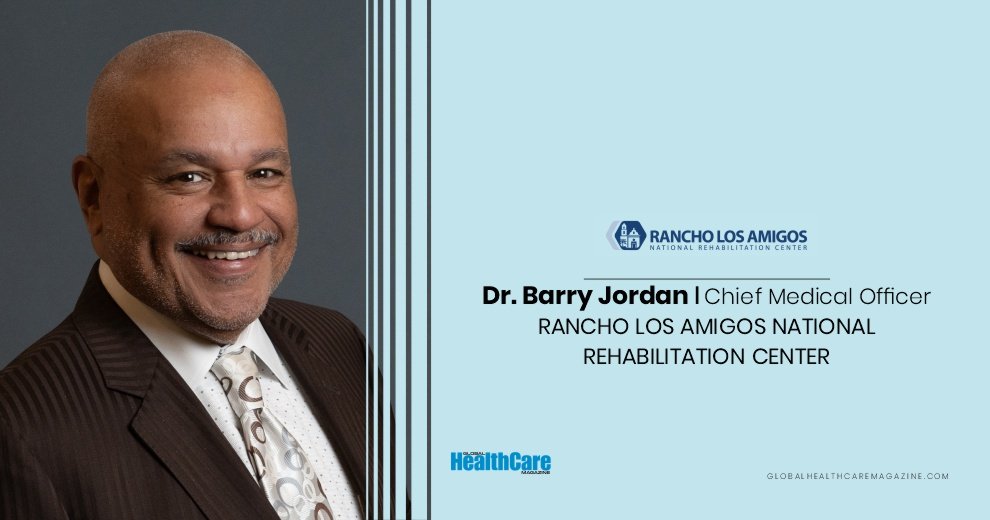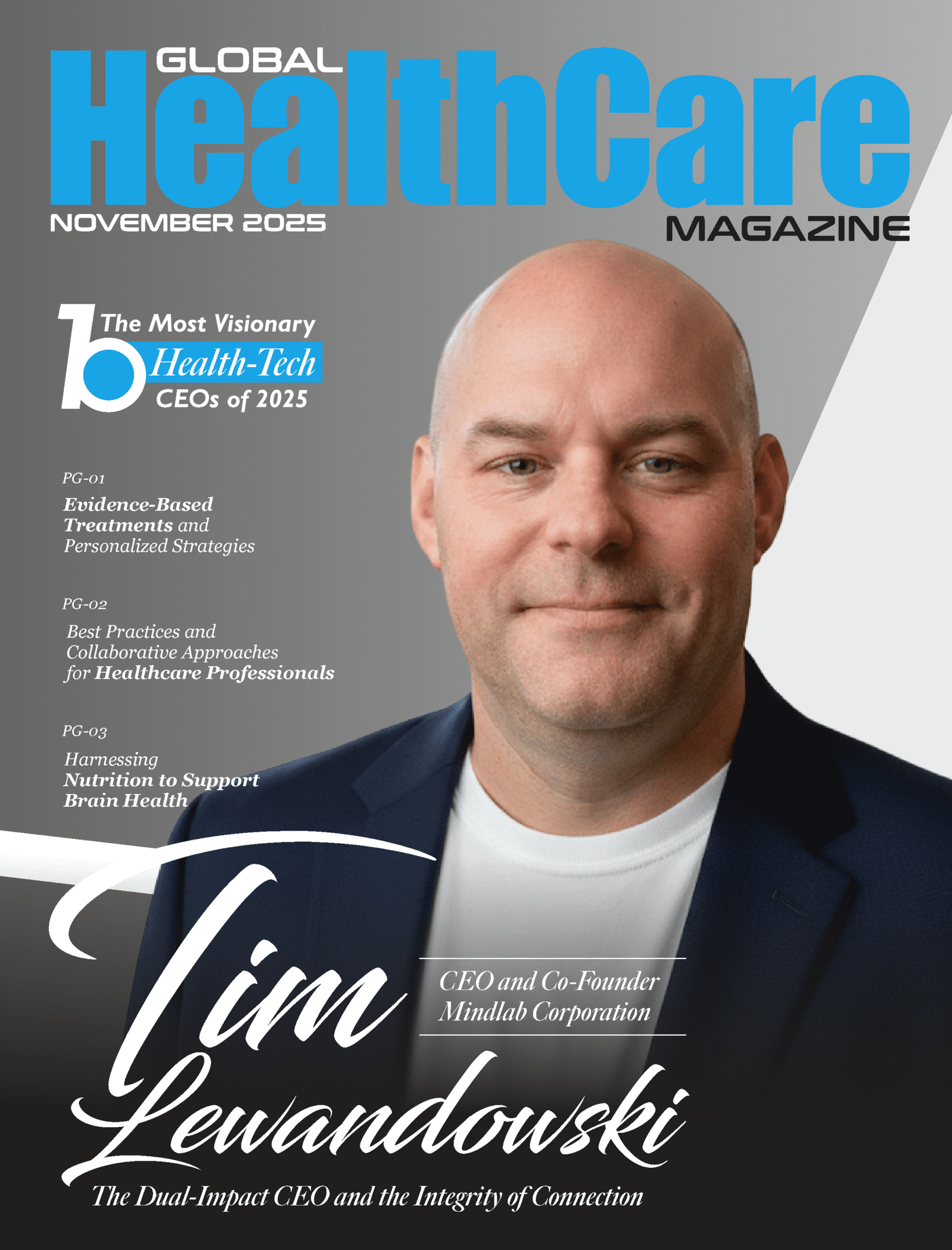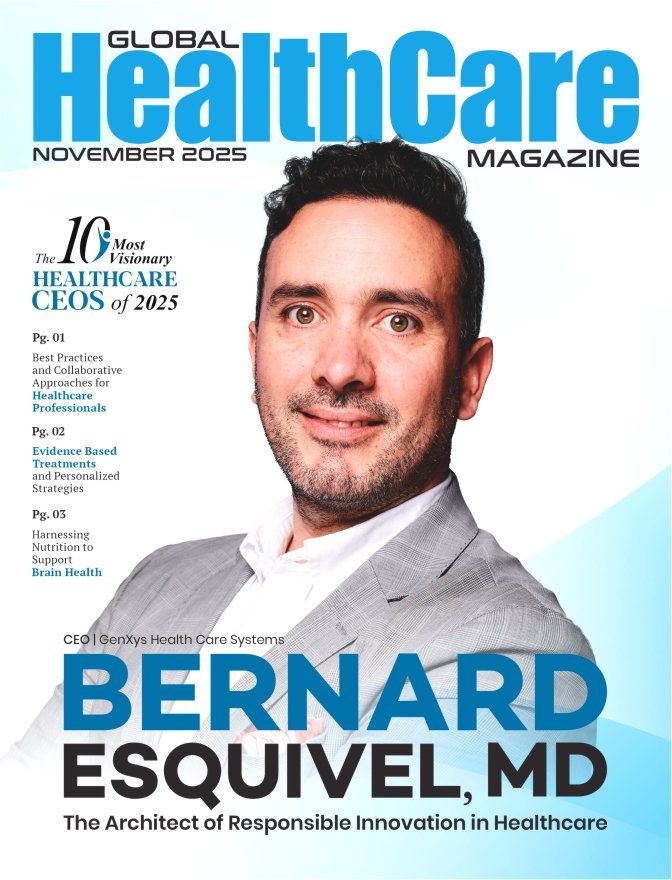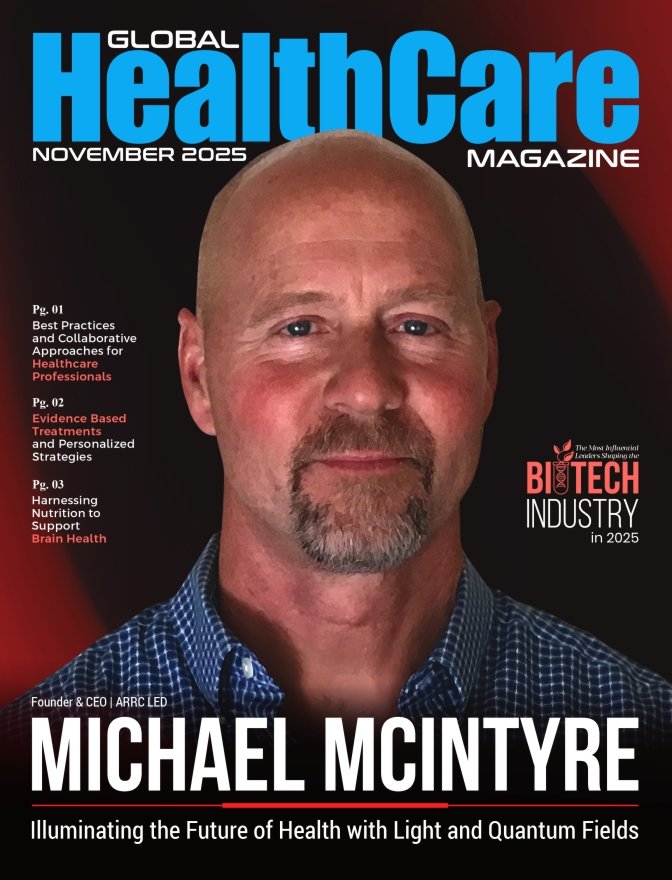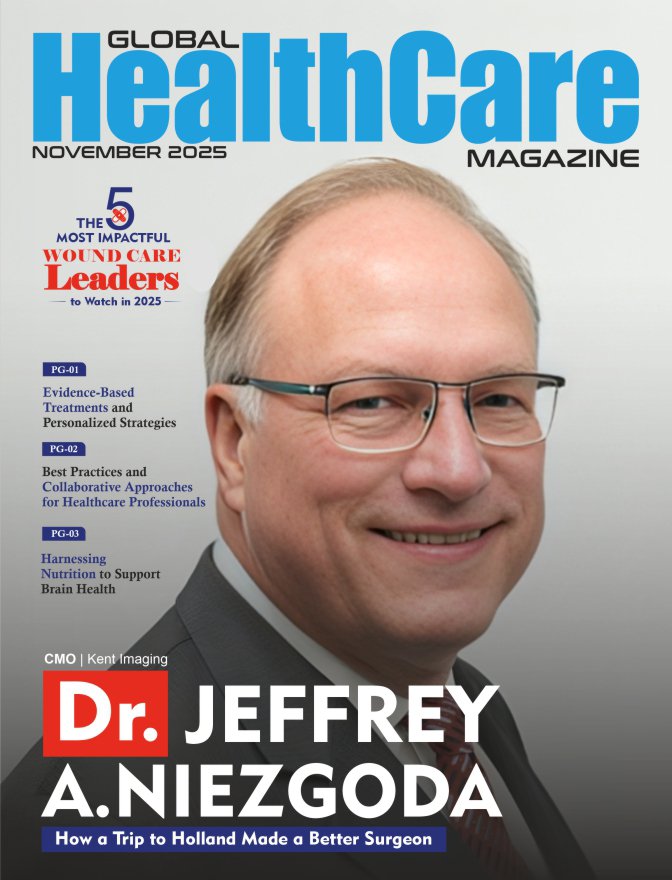Dr. Barry Jordan’s career spans decades of dedicated service in sports neurology, including 20 years as Chief Medical Officer of the New York State Athletic Commission and as a team physician for USA Boxing. In 2023, he was inducted into the New York State Boxing Hall of Fame for his contributions as a physician. His expertise extends beyond sports, with a particular focus on traumatic brain injury (TBI) and Alzheimer’s Disease. His leadership roles at Burke Rehabilitation Hospital, where he directed the Brain Injury Program and the Memory Evaluation and Treatment Service, allowed him to delve into the connection between TBI and dementia, particularly Chronic Traumatic Encephalopathy (CTE), a condition affecting athletes who experience repetitive head trauma.
Currently, Dr. Jordan continues his work in sports neurology as an Unaffiliated Neurotrauma Consultant for the NFL, helping implement concussion protocols. He also serves on the NFL Players Association Mackey-White Health and Safety Committee, contributing to the safety of players. In addition, he holds academic positions as Adjunct Clinical Professor of Neurology at the Keck School of Medicine of USC and Clinical Professor of Psychiatry at the Charles Drew University of Medicine and Science, where he continues to influence the next generation of medical professionals.
Early Career
Dr. Jordan’s path to becoming a leading figure in neurology began during his time at Peter Stuyvesant High School in New York City, where his early interest in math and science set the stage for a career in medicine. At the University of Pennsylvania, he focused on neurophysiology, eventually pursuing a medical degree at Harvard Medical School with a concentration in sports medicine. These academic foundations led him to specialize in sports neurology, a field in which he has played a pioneering role, co-editing the first textbook on the subject.
Early in his neurology training at New York Hospital and Memorial Sloan Kettering, Dr. Jordan focused on the neurological complications of AIDS. As part of a research team, he helped define key conditions such as AIDS Dementia Complex and vacuolar myelopathy, significantly advancing the understanding of AIDS-related neurological disorders. Throughout his extensive career, Dr. Jordan has consistently advanced medical knowledge and improved patient care through his work in neurology and rehabilitation.
About Rancho Los Amigos National Rehabilitation Center
Rancho Los Amigos National Rehabilitation Center began in 1888 as a “Poor Farm,” where Los Angeles County relocated indigent patients. Over time, it grew into a globally recognized medical rehabilitation center, known for its contributions to healthcare. Today, it serves as a key part of the Los Angeles County Department of Health Services, focused on restoring health, rebuilding lives, and revitalizing hope for individuals facing serious illnesses, injuries, or disabilities.
Rancho Los Amigos offers a wide spectrum of rehabilitative services to medically disabled patients, including physician coverage, nursing services, physical therapy, occupational therapy, speech therapy, vocational rehabilitation, social work services, and case management. The center operates as a 158-bed rehabilitation hospital, averaging 4,000 inpatient admissions and 80,000 outpatient visits annually. It was also designated as a Spinal Cord Injury Model System in the United States, solidifying its role as a leader in specialized care.
In addition to its comprehensive services, Rancho has consistently led in medical innovation. The invention of the ‘halo-vest,’ which immobilizes the spine after severe neck injuries, provided patients with a new chance at recovery. The center also developed the Rancho Los Amigos Cognitive Functioning Scale, now used worldwide to assess cognitive functioning in individuals with traumatic brain injuries.
Dr. Jordan reflects on the center’s legacy: “Rancho’s commitment to innovation and patient care has always been about more than just treating conditions—it’s about giving people back their lives and their futures.” His words capture Rancho Los Amigos’ mission and the profound impact it continues to have on countless lives.
Leadership and Commitment to Patient Care
As the Chief Medical Officer at Rancho Los Amigos, Dr. Jordan ensures that patients receive top-quality care. He oversees all medical and clinical operations, ensuring care is both safe and effective. Dr. Jordan’s leadership maintains the quality and integrity of the medical services, guiding the organization’s approach to patient care.
Dr. Jordan also serves as the connection between the administration and medical staff, promoting communication and collaboration. His efforts help align the goals of both teams, ensuring they work together to achieve the best possible outcomes for patients.
On his responsibilities, Dr. Jordan states, “My focus is always on delivering the best possible care in the safest environment. It’s about making sure every patient receives the attention and treatment they need to rebuild their lives.”
Balancing Clinical, Research, and Administrative Demands
Dr. Jordan navigated the challenge of balancing his roles as a clinician, researcher, and administrator throughout his career. Providing high-quality medical care, conducting clinical research, and managing administrative tasks required careful coordination. Each role demanded his full attention, so he had to excel in all areas without compromising his work’s quality.
Finding this balance proved difficult. Dr. Jordan had to manage patient care while also advancing medical knowledge through research. As his career progressed, administrative duties added further complexity, testing his ability to handle multiple priorities effectively.
Reflecting on his journey, Dr. Jordan says, “The key to overcoming these challenges was finding a balance—providing medical care to my patients while conducting meaningful clinical research and later taking on administrative duties.”
Impact of Integrated Health Systems on Free-Standing Rehabilitation Centers
Dr. Barry Jordan points out a key trend in the U.S. healthcare landscape: the rise of large integrated health systems. This shift has a profound impact on free-standing rehabilitation centers. Dr. Jordan notes that these independent facilities often face financial difficulties without a robust network for patient referrals and access to additional medical services.
Integrated health systems address this issue by consolidating various healthcare services under one roof. This model provides free-standing rehabilitation hospitals with a steady flow of referrals and a comprehensive support network, which are crucial for their financial stability and operational success.
Dr. Jordan sees this trend towards integration as more than a strategic change; he views it as essential for maintaining high-quality care and ensuring the sustainability of rehabilitation centers in a competitive healthcare environment.
Effective Leadership through Inclusion and Collaboration
Dr. Jordan focuses on building strong relationships to foster effective leadership. He cultivates a culture of inclusion and shared decision-making, ensuring that team members actively participate in shaping the organization’s goals. Involving team members in decisions ensures that everyone feels valued and committed to the organization’s goals.
Rather than enforcing compliance, Dr. Jordan creates an environment where individuals willingly contribute. He prioritizes collaboration and mutual respect, which helps motivate his team and steer them toward success. This approach strengthens team cohesion and leads to better outcomes for the organization.
Balancing Professional Success with Personal Fulfillment
Dr. Jordan believes in a healthy work-life balance. He finds time for hobbies like traveling, photography, and dining. He also stays active in sports, both as a spectator and a healthcare provider. As Dr. Jordan says, “I believe sustaining a healthy work-life balance makes you more successful at work.” His approach shows the importance of integrating personal interests with professional responsibilities. This ensures he remains fulfilled and effective in all areas of his life.
Dr. Barry Jordan’s Guide to Overcoming Challenges
Dr. Jordan provides crucial advice to aspiring medical leaders and healthcare professionals. He highlights the need for perseverance when facing challenges. Dr. Jordan stresses the importance of never abandoning one’s dreams, even in the face of setbacks or closed doors.
He reflects on his own experiences, noting that he has encountered many denied opportunities throughout his career. Despite these challenges, he believes that everything happens for a reason and that such setbacks often lead to better outcomes in the long run.
Dr. Jordan advises, “What efforts you put in is what rewards you get out.” His message underscores that dedication and resilience are essential for success in the medical field. Staying focused on one’s goals is vital for realizing potential.
Quotes

Also Read: The 10 Most Innovative Chief Medical Officers to Watch in 2024.

